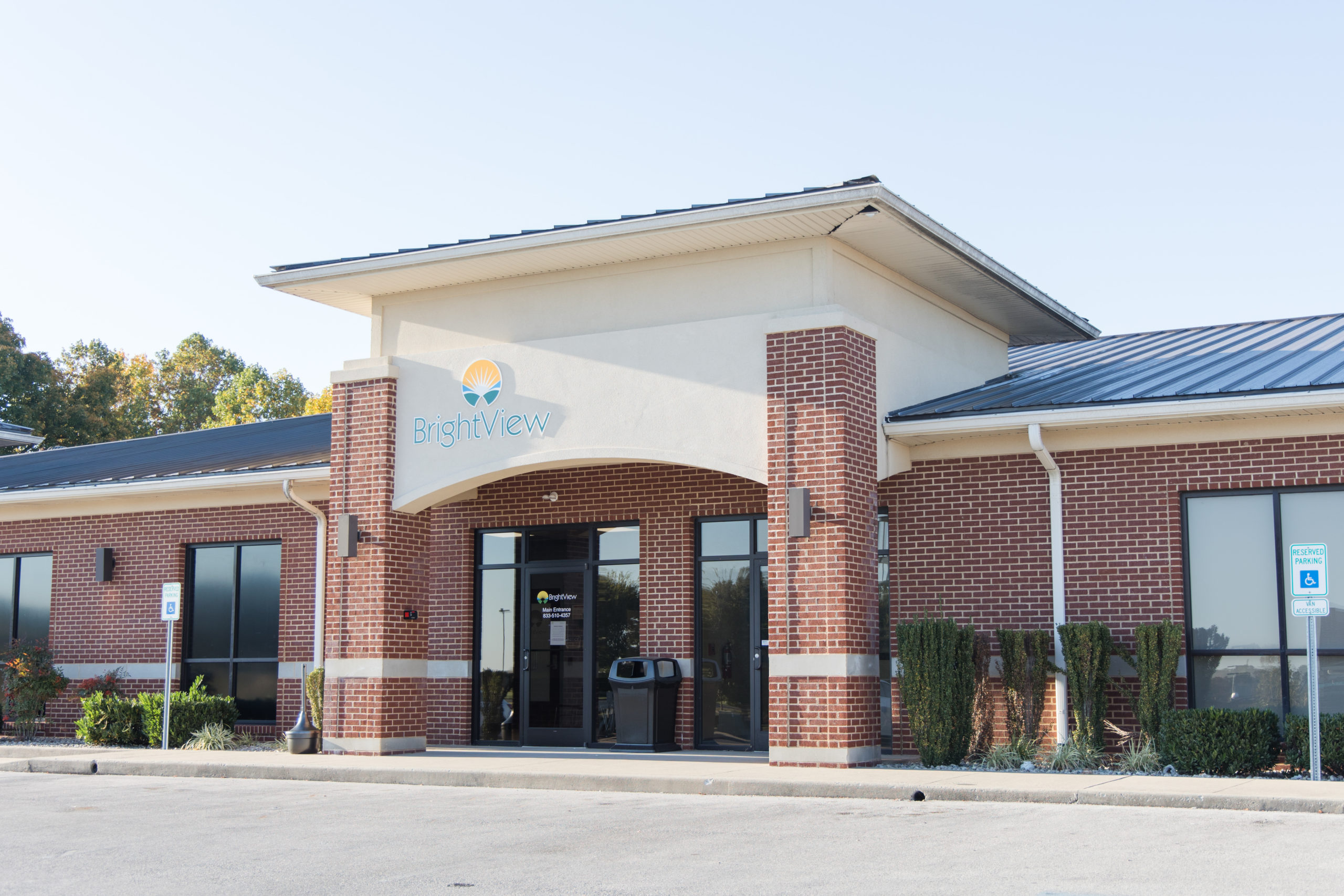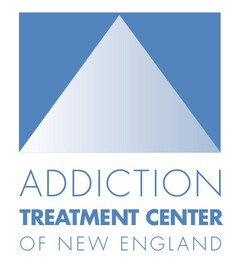Navigating the Trip of Detoxing in the Comprehensive Addiction Therapy Program
Starting the course of detoxing within the structure of a detailed addiction therapy program is an essential stage in the trip towards recuperation. The procedure of cleansing holds a substantial duty in breaking the physical dependancy on compounds and preparing the person for the succeeding phases of treatment. However, browsing with cleansing is not just a matter of physical cleansing; it requires a complicated interaction of emotional, emotional, and social aspects that need mindful factor to consider and assistance. As individuals come to grips with the obstacles of withdrawal symptoms and the unpredictabilities that lie ahead, having a structured plan and a durable support system in location comes to be vital. In this conversation, we will check out the complex aspects of cleansing within the detailed addiction treatment program and clarified the vital components that shape this transformative trip in the direction of recuperation.
Significance of Cleansing in Recovery

Cleansing sets the structure for the remainder of the dependency therapy program by preparing the person for more treatment and therapy. By cleaning the body of substances that have actually been clouding judgment and impacting behavior, detox makes it possible for individuals to approach their recuperation with a clearer mind and more powerful focus.
Furthermore, detoxification assists in managing the potentially extreme withdrawal symptoms that might emerge when medication or alcohol use is stopped. Physician very closely monitor individuals during detoxification to guarantee their safety and provide required support. With this procedure, people can start their journey towards sobriety with a maintained psychological and physical state, increasing the probability of a successful recuperation.
Recognizing the Detoxification Refine
Detoxing, a fundamental part of addiction therapy programs, entails a structured procedure intended at safely eliminating dangerous compounds from the body to help with a successful recovery journey. The detox procedure typically begins with an analysis to assess the person's material usage background, physical wellness, and mental wellness. This evaluation aids medical care specialists identify one of the most suitable detox strategy tailored to the individual's needs.
During detox, the body undergoes withdrawal as it adjusts to the lack of the substance. Withdrawal signs vary relying on the kind of compound made use of, the duration of use, and private variables. Clinical supervision during detox is important to handle withdrawal signs and symptoms and make sure the individual's safety and convenience.

Taking Care Of Withdrawal Signs And Symptoms

Drugs may be used to alleviate specific withdrawal signs and symptoms and reduce discomfort. Medications like methadone or buprenorphine can assist manage opioid withdrawal signs, while benzodiazepines might be made use of for alcohol withdrawal. It is necessary for doctor to very carefully why not find out more check the person's feedback to these drugs to guarantee their safety and performance.
Along with medicinal interventions, encouraging therapies such as counseling, peer support system, and holistic techniques like mindfulness meditation or yoga can help people deal with the psychological and mental obstacles of withdrawal. By attending to withdrawal symptoms comprehensively, medical care carriers can boost the detoxing experience and support people on their trip to recovery.

Assistance Systems Throughout Detoxification
Assistance systems play a critical function in giving emotional and social help to people going through detoxing in dependency therapy programs. Throughout the detoxification procedure, people commonly experience a variety of physical and emotional withdrawal symptoms, making this phase challenging - Addiction Treatment Center. Having a strong assistance system in area can dramatically influence the person's capability to navigate with detox successfully
Support teams offer a system for individuals to link with others who are going with comparable experiences, using a feeling of neighborhood and shared understanding. Medical care specialists, including specialists, counselors, and physicians, play a crucial function in checking the individual's progress, supplying clinical support, and providing support throughout the detoxification procedure.
Looking Ahead: Life After Detox
Having effectively completed the cleansing stage, individuals in dependency therapy programs currently concentrate on getting ready for the obstacles and possibilities that lie ahead in their journey towards recovery. Life after detox marks a crucial transition period where individuals must proceed to construct on the get more progression made throughout detoxification to preserve their sobriety. It is vital for individuals to acknowledge that the trip in the direction of recuperation is continuous and needs dedication, commitment, and a willingness to welcome adjustment.
One secret aspect of life after detox is the growth of dealing devices to deal with triggers and yearnings that might develop. This may entail learning brand-new abilities, such as mindfulness practices, cognitive-behavioral techniques, and stress and anxiety administration approaches, to browse challenging situations without considering compound use. In addition, individuals are urged to proactively check engage in ongoing treatment, support system, and aftercare programs to strengthen their assistance network and receive advice as they browse the complexities of life post-detox.
Verdict
To conclude, detoxification is an essential part of the comprehensive dependency treatment program. Recognizing the detox process and handling withdrawal signs are essential steps in the direction of healing. Support group play a considerable role during this tough journey. Addiction Treatment Center. Looking in advance, life after detox holds pledge for a healthier, substance-free future. It is crucial to recognize the value of detox in the procedure of conquering dependency and moving towards a life of soberness.
Medical supervision throughout detoxification is essential to handle withdrawal signs and symptoms and ensure the person's safety and comfort.
By recognizing the detoxification process and its significance in breaking the cycle of dependency, people can get started on a course in the direction of lasting healing.
During the detoxification procedure, individuals usually experience a range of physical and mental withdrawal signs, making this stage tough. Medical care specialists, consisting of therapists, doctors, and counselors, play a critical duty in monitoring the person's progression, giving clinical assistance, and using support throughout the detox process.
Life after detox notes a crucial change duration where people should continue to construct on the progression made throughout detox to maintain their sobriety.